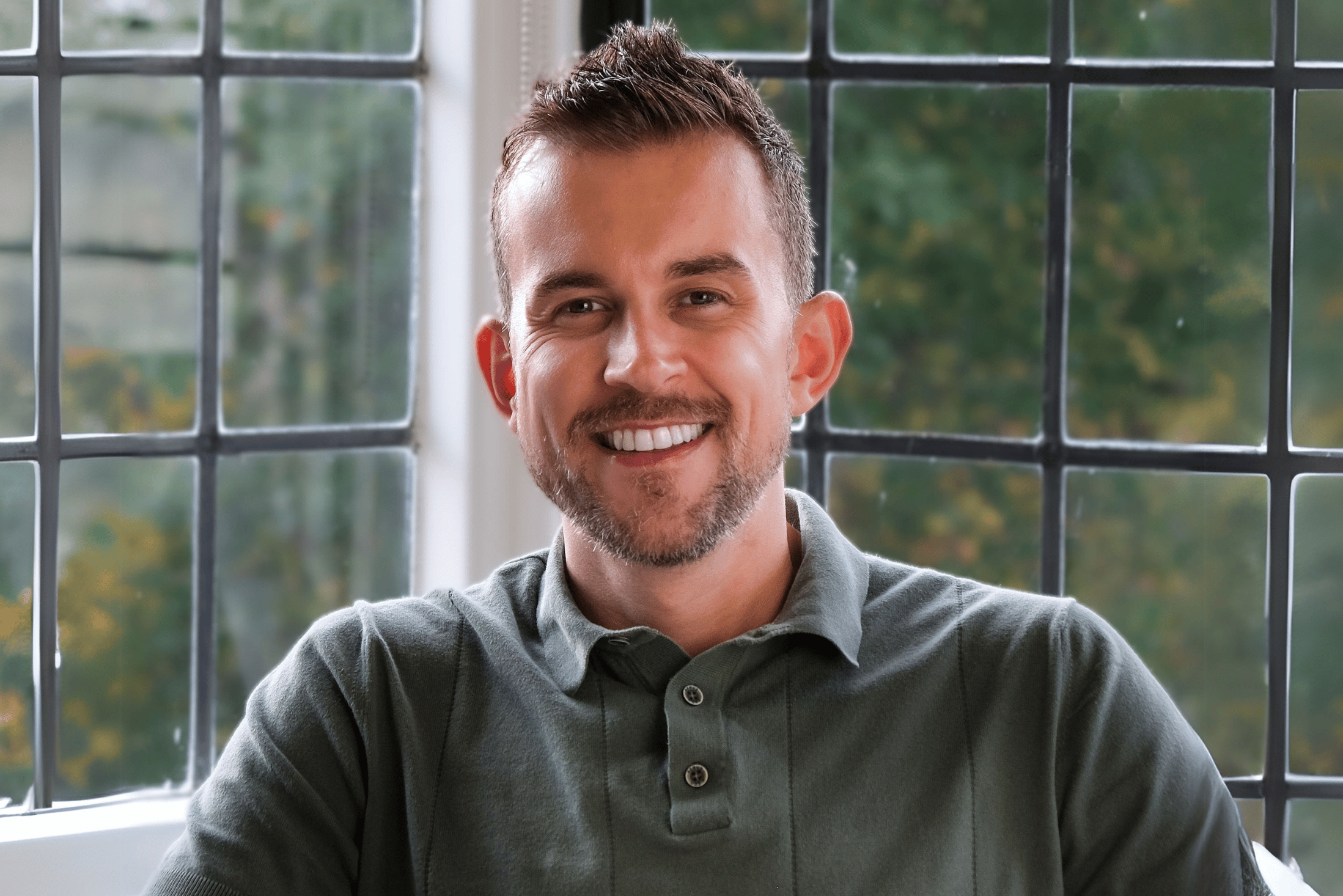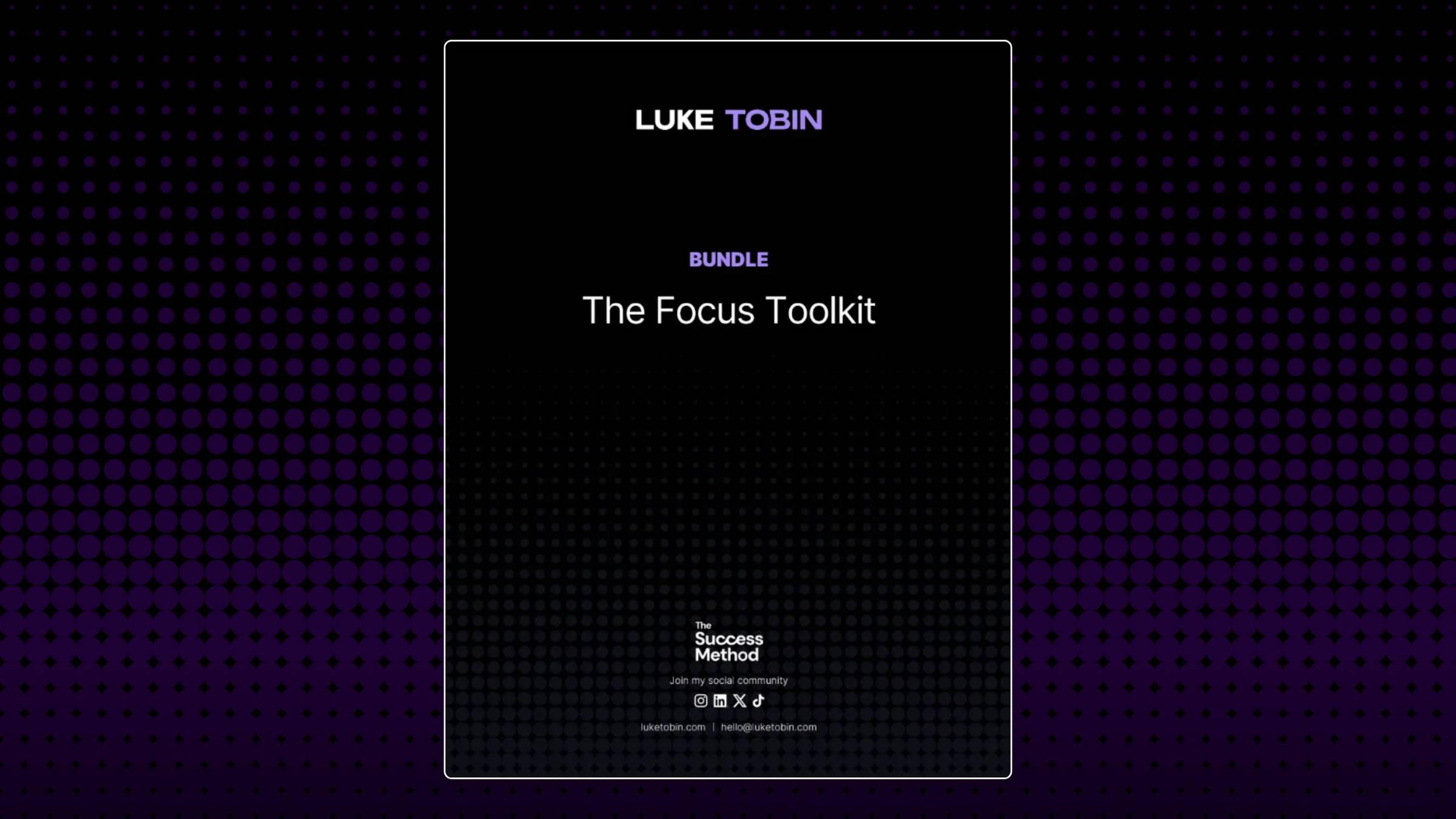

Hello there,
Scaling isn’t just about growth.
It’s about letting go without losing your grip.
Most founders get trapped here:
They start the week with big-picture goals, but by Friday, they’ve spent 80% of their time firefighting client issues, double-checking invoices, or stepping into delivery.
Sound familiar?
Here’s the real friction point I see with founders:
They confuse control with involvement.
Control doesn’t mean touching every task.
It means creating systems where the right people make the right calls without you.
The sooner you separate those two, the faster you’ll scale, and the less you’ll resent the business you built.

This tension isn’t just about efficiency. It’s baked into the DNA of entrepreneurship. Harvard researchers even gave it a name… The Founder’s Dilemma.
Harvard professor Noam Wasserman calls it The Founder’s Dilemma:
The tension between control and wealth.
Most founders cling to control. Every client fire, every ops decision, every new hire, they want their hand on it. It feels safe.
But here’s the catch: the more you grip, the harder it is for the business to scale beyond you. Buyers see dependency, not resilience. Investors see risk, not opportunity.
The founders who create real wealth aren’t the ones doing it all. They’re the ones who build systems, teams, and trust, so the business runs without them.
Stepping out of operations isn’t about giving up control. It’s about creating a new kind of control: over your time, over strategic decisions, and ultimately, over the valuation you walk away with.
Every founder has to climb the same ladder if they want to scale:
Operator: You’re hands-on, running projects, chasing clients, putting out fires.
Manager: You build systems, delegate responsibility, and review outcomes.
Strategist: You set vision, make big calls, and create opportunities for scale.
The mistake most founders make?
They wait too long to move up.
One founder I worked with was deep in Operator Mode. Every client cc’d them on emails. Every small team decision went through them.
We built a delegation plan with clear decision frameworks:
Within 90 days, the founder freed up more than 20 hours a week. Profit margins went up, not down. Why? Because decisions were made closer to the action, faster, and without founder bottlenecks slowing everything down.
Stepping back isn’t losing control.
It’s creating control where it matters most.
You don’t step back from decisions, you step up into the right ones:
Vision. Growth. Strategy.
If you don’t design your way out of operations, you’ll always be owned by them.
That single step up the ladder creates the space for you to think, scale, and lead.

If there’s one book I wish every founder read early, it’s this one. Gerber makes a point that most of us learn the hard way: your business will only scale when you stop being its operator and start being its architect.
It’s not theory, it’s a mirror. You’ll recognise yourself in the pages, see exactly where you’re stuck in the weeds, and get a blueprint for pulling yourself out.
And that’s exactly what this week’s newsletter is about: stepping out of operations without losing control. Gerber gives you the mindset shift; I’m giving you the frameworks. Together, they’ll help you build a business that runs because of you, not around you.

If you’re feeling underleveraged, you don’t need more hours; you need better allocation. This toolkit distils my personal focus systems into four practical tools you can apply today:
Use it to clear the clutter, double down on what works, and make your best moves without the drain.
Most founders don’t burn out because of one big failure, they drown in a thousand tiny “yeses.” Every time you take on a client exception, agree to a custom request, or say yes to a non-strategic opportunity, you create hidden complexity that drags your business down.
Next week, we’ll break down how to spot these hidden costs, when to say no, and how ruthless focus becomes your biggest growth lever.
To your unstoppable success,

Writer, The Success Method





%20(1).webp)
.jpg)
